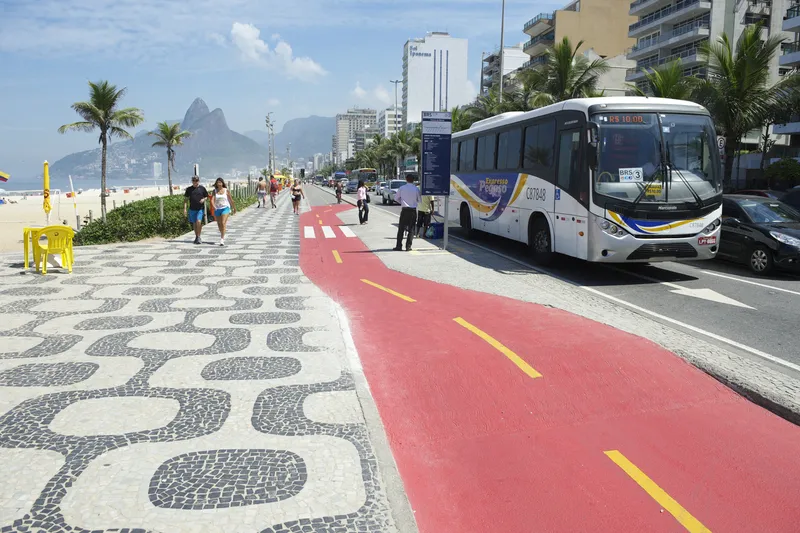The Justride SDK allows Transit to request fare types, make payments, and deliver visual and barcode tickets to a rider through a ticket wallet, which communicates with Masabi servers to understand complex fare tables and manage the ticket lifecycle and security interface. Masabi also offers a supporting validation software suite that allows users to scan tickets when boarding the bus, train or subway.
Through the SDK, mobile ticketing can be deployed to agencies solely through Transit’s app, or run alongside a branded mobile ticketing application. Agencies will then have the option of a dedicated mTicketing service while increasing ticket access and choice via Transit.
Agencies using the SDK will also have access to the Justride Hub where they can access back-office data such as real-time sales, usage and validation information and a customer services interface.
Once an SDK agreement is made with an agency, tickets will be available to buy, store and use inside of Transit’s app.
Masabi integrates Justride SDK into Transit app
Mobile ticketing company Masabi has announced its software development kit, Justride SDK, will be integrated into the North America public transport app Transit. The integration will allow agencies to offer riders a one-stop shop that combines every transport mode and lets them buy tickets inside the app.
The Justride SDK allows Transit to request fare types, make payments, and deliver visual and barcode tickets to a rider through a ticket wallet, which communicates with Masabi servers to understand comp
October 11, 2017
Read time: 2 mins
Mobile ticketing company 6870 Masabi has announced its software development kit, Justride SDK, will be integrated into the North America public transport app Transit. The integration will allow agencies to offer riders a one-stop shop that combines every transport mode and lets them buy tickets inside the app.









